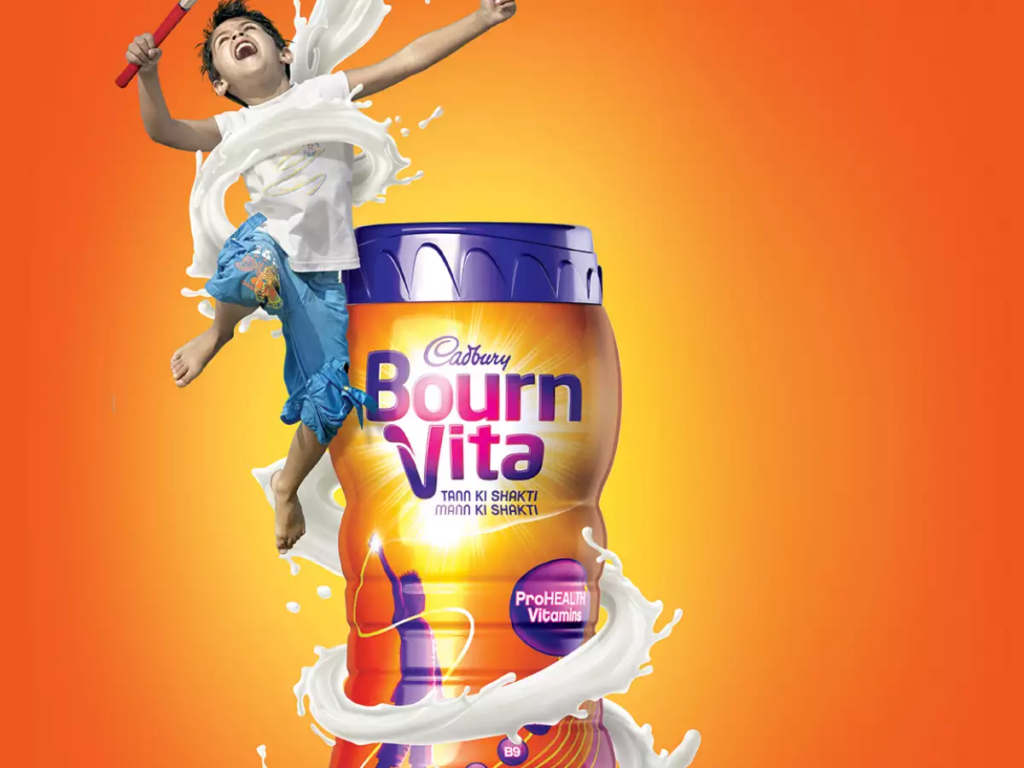The action was taken in response to the National Commission for Protection of Child Rights’ investigation, which found that the Food Safety and Standards Act of 2006 did not have an official definition of a “health drink.”
The Food Safety and Standards Authority of India made it clear earlier this month that drinks containing dairy, cereal, or malt should not be marketed as “health” or “energy” drinks.

Source: The Hindu
When concerns were raised about Bournvita’s nutritional claims last year, especially in relation to its sugar level, the company found itself in the centre of attention. The scandal made people rethink the marketing and labelling of these products.
Although Bournvita lowered its sugar content in response to criticism, the industry-wide problem of deceptive labelling remained. Energy drinks are particularly defined as carbonated and non-carbonated flavour-infused water-based beverages. Despite the significant health hazards associated with these drinks’ high sugar content, particularly for young consumers, they are sometimes advertised as “health drinks.”
Source: NDTV Profit
Overindulgence in sugar can result in a number of health problems, such as diabetes, obesity, and dental conditions. The situation is made worse by the lack of clear regulatory norms, which exposes customers to deceptive advertising.The most recent clarification not only helps customers make educated decisions, but also resolves this issue. Going forward, all parties involved need to work together to create thorough guidelines for labelling and classifying food items. Regulators can protect public health by making producers, sellers, and e-commerce platforms answerable for labelling.
What do you think about this? Comment below.

